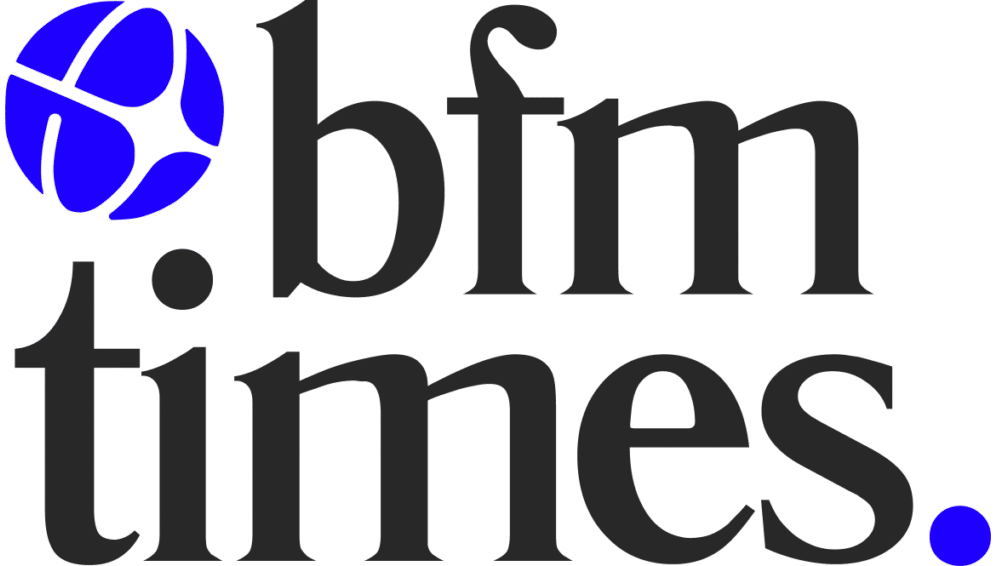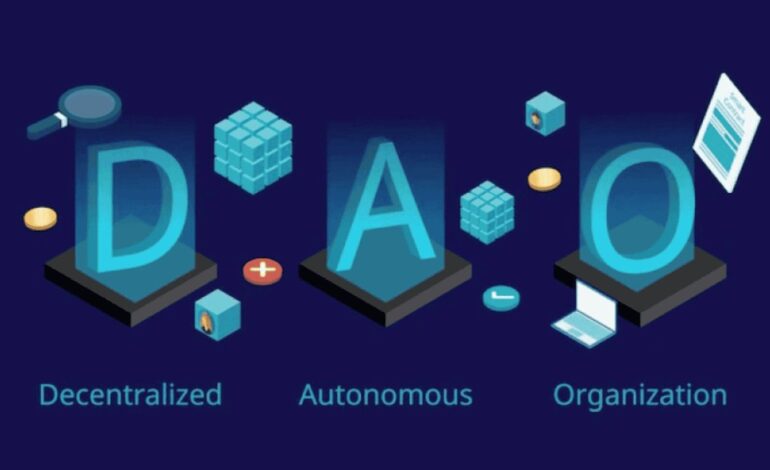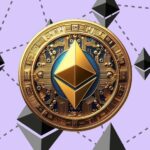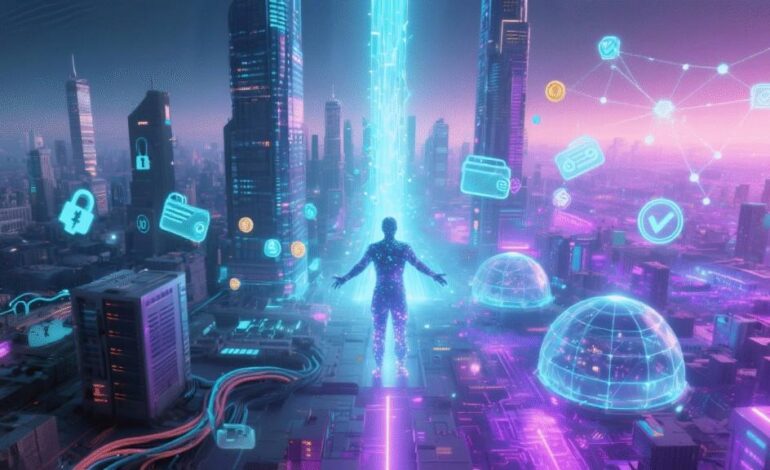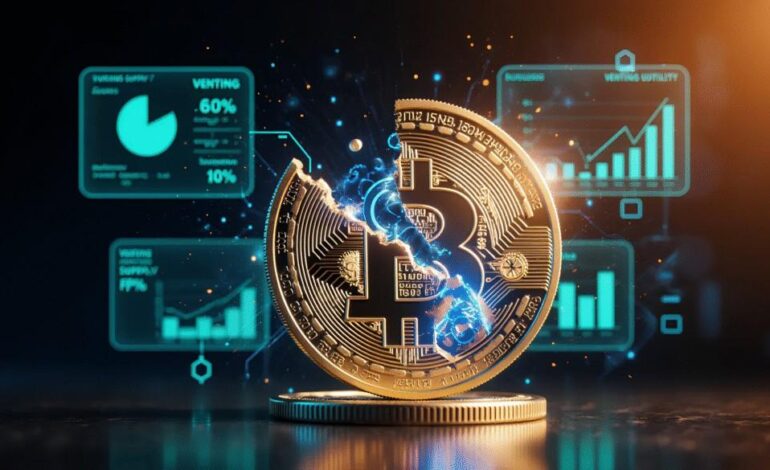Key Insights
- DAOs are reshaping how communities make decisions and manage shared resources.
- Smart contracts act as the core of a DAO, enforcing transparent and fair rules.
- Token-based voting gives members control but also brings governance challenges.
Decentralized Autonomous Organizations (DAOs) are changing how people work together online.
A DAO uses blockchain technology to run community-driven projects without needing a central leader. This way, members share power, vote on proposals and manage funds through code instead of corporate structures.
Understanding the DAO Model
A DAO is an organization that operates through smart contracts, or self-executing programs written on a blockchain. These contracts define rules, manage funds and carry out decisions automatically.

What a DAO is | source: Koinly
Once launched, the DAO can work without the need for direct human control.
Another interesting thing about DAOs is that there is no CEO or board of directors. Every decision comes from the members who hold governance tokens. This means that voting results, financial data and project details are visible on the blockchain, which keeps the system transparent and accountable.
How Smart Contracts Keep DAOs Running
Smart contracts are the backbone of a DAO. They store rules, handle voting and control treasury funds. When a proposal passes, the contract automatically executes the outcome.
This removes the need for middlemen or manual approval. Every action leaves a trace on the blockchain, which helps build trust among members.
The DAO model replaces traditional hierarchies with code-based systems that anyone can audit. This transparency helps prevent corruption and makes sure that all members follow the same set of rules.
Token-Based Governance in DAOs
Governance tokens give members the right to vote. Each token represents a share of influence in the DAO. The more tokens someone holds, the greater their voting power.
Token-based governance thus sets up participation with ownership and keeps the organization community-driven.
So how does the voting process work?

How and why DAOs operate | source: Metana
A member who meets the token requirement can submit a proposal. It might involve funding a new project, changing a system parameter, or improving smart contract code.
Once submitted, the community discusses the proposal before it moves to a blockchain vote.
If enough members participate and a majority approves, the contract automatically applies the change. Successful proposals can be used to allocate funds or adjust rules, all without a central authority.
This approach has been used by major DeFi projects like Uniswap and Aave, where communities vote on updates and manage large treasuries. Token holders are also motivated to make responsible decisions since the value of their holdings depends on the project’s success.
Expanding the Use of DAOs
Originally, DAOs focused on DeFi governance. Today, they work across many sectors. These include investment collectives, grant programs, social communities and even art and media cooperatives.
Examples of DAO Applications
Investment DAOs:
Groups like BitDAO and MetaCartel Ventures gather capital to invest in startups or digital assets. Members vote on where funds should go, and this makes investment decisions collective rather than top-down.
Grant DAOs:
Gitcoin DAO funds open-source projects and allows members to vote on which developers deserve support. This makes sure that community priorities guide spending.
Social and Media DAOs:
Friends With Benefits (FWB) uses tokens for membership and voting. Members get to decide on event planning, partnerships, and content strategy.
Collector DAOs:
Constitution DAO gathered over $40 million to bid on a historic copy of the US Constitution. Even though it didn’t win the auction, it showed how strangers can unite on a blockchain for a similar goal.
Each type of DAO turns members into stakeholders who decide direction and spending. In all, DAOs make a community of not just users but also co-owners.
The Main Challenges DAOs Face
DAOs are promising but not flawless. Their structure brings new difficulties that must be solved before they can scale widely.
For example, token-based voting tends to concentrate influence among large holders. A few “whales” can dominate votes and steer the DAO toward their interests.
Additionally, many holders do not vote at all. They might not have time, interest or enough tokens to feel their voice matters. This lack of participation lets small groups control important outcomes and weaken community trust.
Finally, DAOs operate as digital entities without a clear legal framework, and most countries have not defined how to classify them.
This confuses taxes, liability and contract enforcement. Only a few places like Wyoming and the Marshall Islands, have introduced DAO-friendly regulations. Until laws catch up, members still face risks when handling real-world transactions.
The Next Phase of DAO Governance
Developers and communities are testing new voting systems to solve fairness and participation issues.
One of the most interesting includes quadratic voting, which makes additional votes more expensive for each token holder. This is a great way to limit the influence of large players.
Delegating is another way that members can assign their votes to trusted representatives. Reputation-based voting allows DAOs to work in such a way that, instead of members linking influence to tokens, power is tied to proven contributions.
This way, members gain more say through meaningful work. Like reviewing proposals or building tools.
Overall, DAOs are one of the most significant social experiments in the blockchain space.
As they mature, DAOs may become the backbone of blockchain’s first source of democracy.
